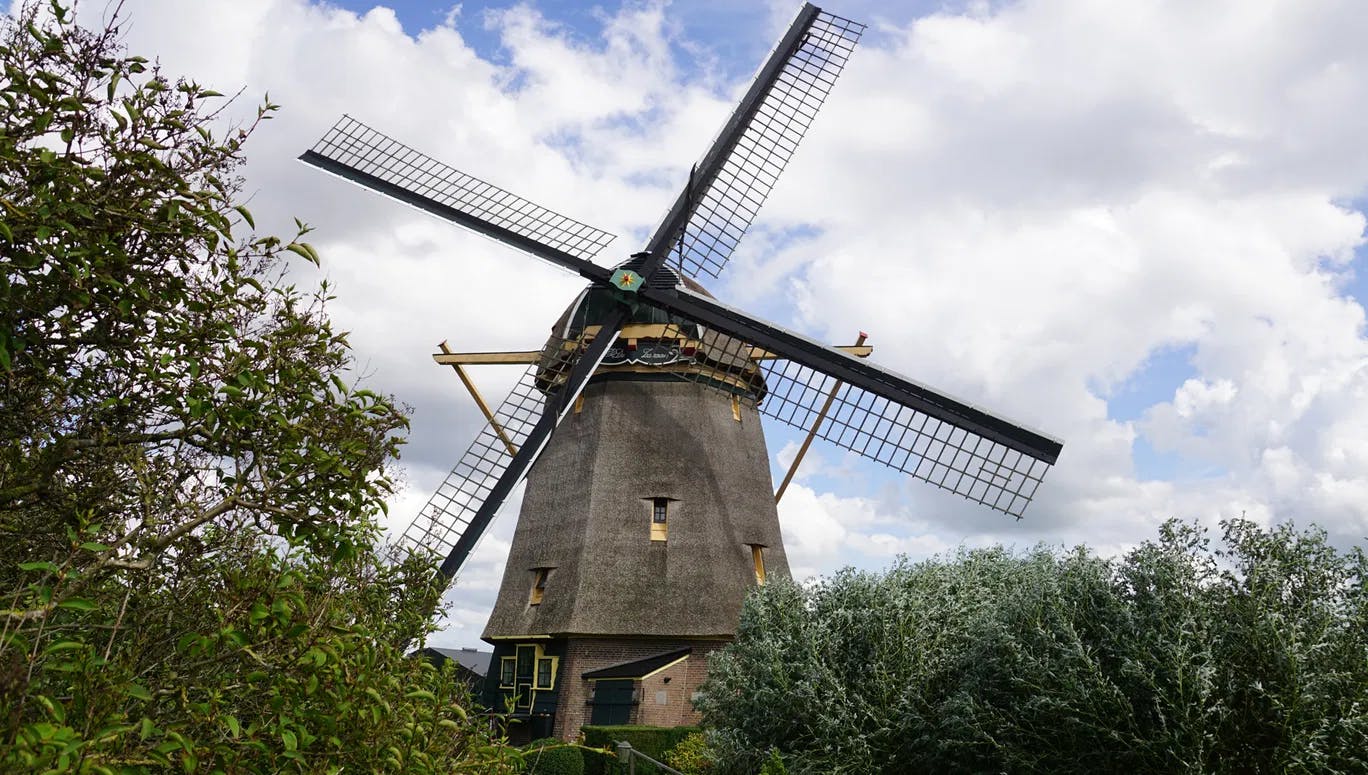
Amsterdam’s energy communities set a new standard for the clean energy transition
EU citizens demand more commitment to the energy transition
A recent survey by Eurobarometer has revealed that over 80% of EU citizens are calling for increased investments and commitment from European authorities towards the energy transition. The Netherlands is among the chief European countries leading the transition with nearly 700 energy communities based around the country with Amsterdam poised as a trailblazer – recognised for its strong community bonds and commitment to green initiatives through community-driven energy solutions.
Non-government-based entities, the so-called “energy communities” are collectives of citizens using smart, decentralised, flexible energy generation and consumption to deliver key services to its members. Since the late 1980s, these initiatives have focused on jointly owned wind turbines and promoting sustainable living. Today, an energy community is recognised as a legal entity in the energy market, with its principal aim being to benefit residents in terms of the environment, economy, or society rather than prioritising profit.
The Netherlands stands out in Europe with nearly 700 energy communities, a testament to its dedication and historical tradition rooted in collective management. Reflecting a modern evolution of the city's collaborative heritage, energy collectives play a crucial role in advancing the Netherlands' and the broader EU's sustainability objectives.
The RESCHOOL project: putting solutions into practise
One initiative in Amsterdam is the project RESCHOOL which aims to generate energy locally for 540 households. The community aims to demonstrate the process of producing and utilising ‘your own energy’ at the neighbourhood level. Ensuring that the 540 households in the Sporenburg neighbourhood maximise the use of self-generated energy without excessive investments in copper.
Hugo Niesing, the site manager of the RESCHOOL Amsterdam pilot, explains the benefits: "Through this cooperation, I use my neighbour's solar production to charge my electric vehicle. He receives a small incentive because he doesn't feed excess electricity into the grid. In turn, I pay a bit less because I consume the energy when it's generated." This cooperative model not only benefits residents financially but also contributes to infrastructure development and renewable energy growth.
Overcoming challenges to energise the future
While challenges persist, particularly in the face of volatile electricity market prices, upfront cost and regulatory understanding, energy cooperatives bring various advantages to their local communities. Namely, improved social cohesion, technical innovation, advancement in the energy transition, alleviation of local grid congestion, price stability and lowered energy costs.
The Netherlands has set ambitious goals, committing to climate neutrality by 2050. Encouragingly, the success of energy communities like the one in Amsterdam not only contributes to climate objectives but also sets a clear standard to assist the Netherlands and the broader EU in staying on course with their community-centric climate solutions.